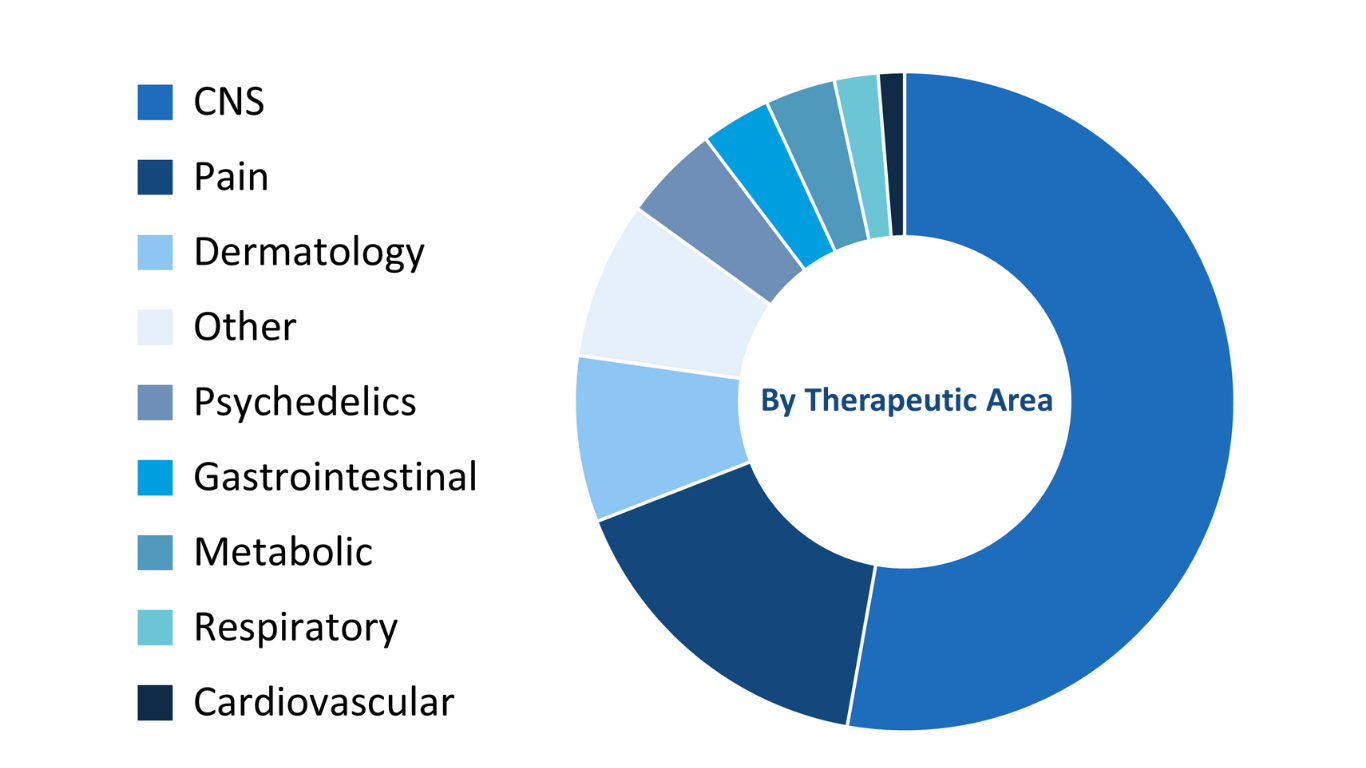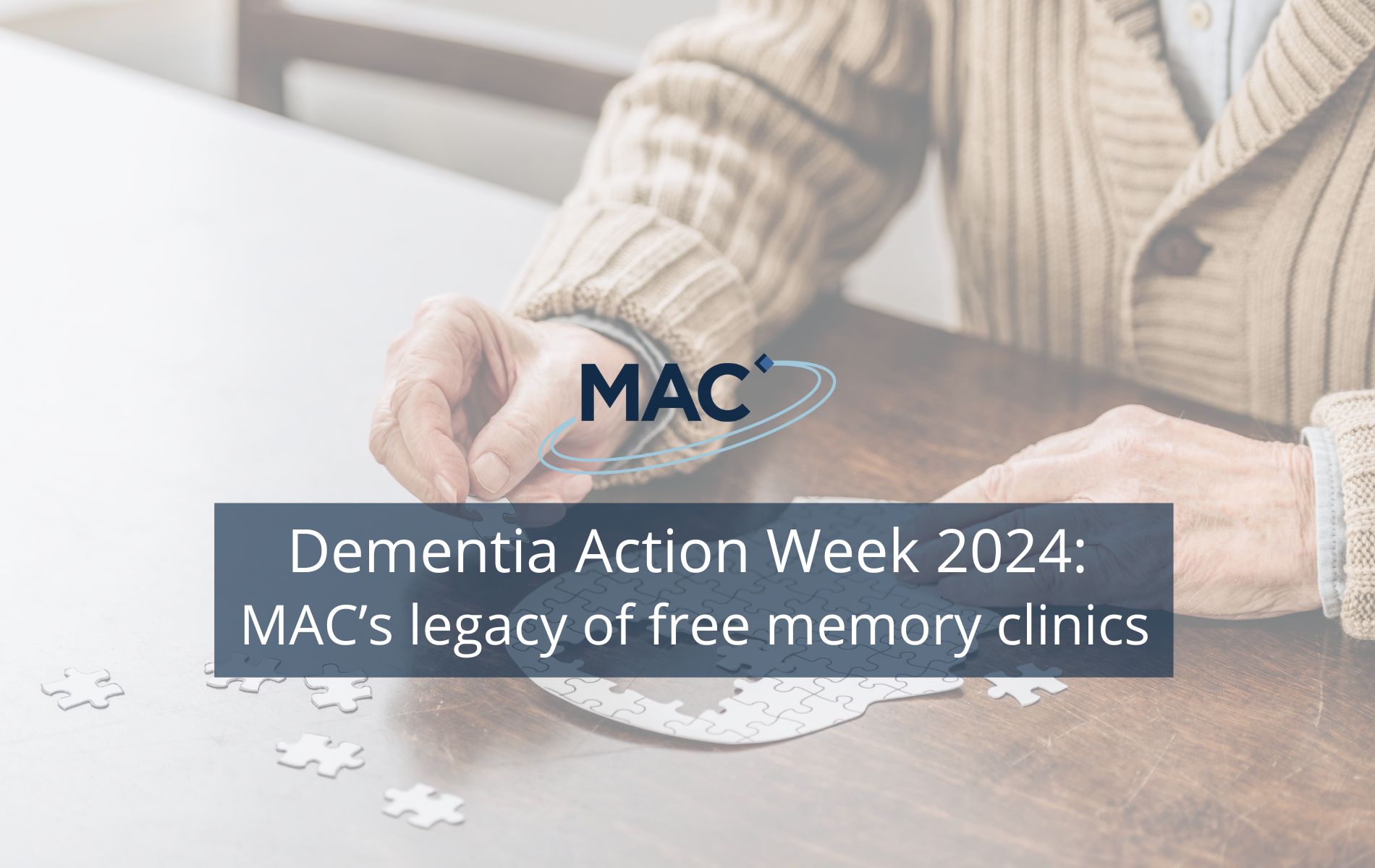Dementia is a complex condition that causes a decline in cognitive abilities and interferes with daily life. It affects memory, thinking, and reasoning, and can also impact a person’s behaviour and ability to perform everyday tasks. One of the most recognisable symptoms of dementia is memory loss, particularly forgetting recently learned information.
At MAC, we’re proud to have established one of the UK’s first ever memory clinics back in 1988. MAC is now a global, full-service CRO covering many therapeutic areas, but our memory clinics are still at the heart of our company and something we continue to offer as a free service to the community.
The clinic was originally set up to diagnose patients with Alzheimer’s disease so that drugs like donepezil and memantine could be developed. Now they also serve as a safe space for people with memory concerns to speak with our specialists to alleviate any concerns or to take them through a diagnosis. This has the added benefit of helping to reduce the pressure on the NHS from the growing demand of people seeking help with cognitive disorders such as MCI and other dementia-related concerns. We also contract with the NHS to provide ‘rapid access memory clinics’ to support NHS memory services in managing their waiting lists.
There are several different types of dementia, with Alzheimer’s disease being the most common form. Other types include vascular dementia, Lewy body dementia, and frontotemporal dementia, among others. Each type has its own set of symptoms and progression.
Researchers looking for a cure use different methods, including attempting to understand the underlying causes of dementia, developing new and improved diagnostic tools, investigating potential treatments, and exploring possible preventive measures. While research for a cure continues, early diagnosis and appropriate management can help improve quality of life and delay progression.
Research shows there are more than 944,000 people in the UK who have dementia, and that 1 in 11 people over the age of 65 in the UK live with dementia (1). It is estimated that by 2030, the number of people with dementia in the UK will be more than 1 million (2). So, it comes as no surprise that more people than ever are seeking support to better understand the signs of dementia and to investigate any memory-related issues they are experiencing.
With six locations around the UK, our memory assessment research centres are open to all individuals over the age of 50 and continue the proud tradition of helping patients through assessment of their memory concerns, treatment options and, of course, research into the next generation of disease-modifying treatments for neurodegenerative diseases.
The clinics give people the comfort of being able to investigate any memory issues without the worry of burdening the NHS with a more formal process, with what some may feel is only an early concern.
Research into cognitive disorders remains close to our hearts as it is firmly engrained in our history, and we continue to strive for new treatments that will help people across the world. MAC has conducted 11 studies in dementia and Alzheimer’s in the past 5 years.
While there is currently no cure for most types of dementia, by supporting our communities with our memory clinics, we are able to offer people direct assistance as well as the opportunity to take part in our research.
If you would like to speak to us about our experience in this area, or if you would like to know more about our services for a study, contact us here. Or for more information on our free clinics, click here.











